Many people love Papagayo-NG because of its support for various languages. But what if you want to synchronize text in a language that not supported yet? Also, things might get even more complicated if you get a phrase with words from different language (i.e. some English-speaking character says word in Russian).
This is where Pidgin English breakdown comes to help!
Pidgin English is quite a powerful trick, which was introduced by Azia Giles Abuara, who has kindly provided a detailed guide on how to use it.
The objective of this breakdown is to help you work with any foreign language or dialect with respect to English sounds. I use it a lot in dealing with Pidgin English, African and Asian languages.
The essence is to spell words as they are pronounced rather than how they are naturally spelled. Do this with respect to the English alphabet in mind (a-z, sh, ch). In summary play just with these 28 sounds to spell your words: a, b, c, d, e, f, g, h, i, j, k, l, m, n, o, p, q, r, s, t, u, v, w, x, y, z, ch, sh.
It also allows letter duplicates during breakdown which helps when a word is pronounced longer than otherwise e.g ‘goooooo’ for instance will be broken down as ‘G O O O O O O’ rather than just ‘G O’ thus making lip-syncing more flexible.
The table below contains some examples.
NB: Here English words are used just for you to follow the logic and use for words in Pidgin English and/or any other foreign language or dialect.
| English words | How to spell in Pidgin |
|---|---|
| ability | abiliti |
| abolish | abolish |
| accident | akcident, aksident |
| achiever | achiva |
| action | akshon |
| actual | akchual |
| air | er |
| allow | alaw |
| bare | ber |
| beach | bich |
| binary | bainari |
| biology | baologi |
| by | bai |
| bye | baie |
| call | cohl,kohl |
| chameleon | kameleon |
| cough | cohf,kohf |
| cow | caw,kaw |
| crime | craim,kraim |
| cry | crai,krai |
| culture | corlchor, korlchor |
| cybercafé | saibacafeh, saibakafeh, |
| day | deh |
| drive | draiv |
| eat | it |
| eye | aiy |
| genius | jinius |
| into | intu |
| laugh | laf |
| name | nehm |
| nation | nehshon |
| pharmacy | famaci |
| say | seh |
Let’s try some examples.
A sentence like…
I went to the hospital to see my wife’s brother who was coughing the whole night
…will have to be typed in the Papagayo-NG program as:
ai went tu deh hospitel tu si mai waifs broda who wohs cohfin deh whol nait.
It looks weird I guess, but it can be very helpful in dialogues whereby you have to mix many different languages together in a common discussion. This can also be helpful to breakdown any language not found in the phonetic breakdown list such as Arabic, Chinese, Japanese, Bantu languages etc. just by listening to an audio and trying to figure that out. It can also work for the other languages within the
breakdown list.
Let’s try another example. This time, we’ll mix different languages together and see how we can handle that using this special Pidgin English phonetic breakdown logic.
A paragraph like…
to say ‘this morning’ in Spanish, we say ‘esta mañana’. To say ‘I want to give it to a child’ in French, we say ‘je veux le donner à un enfant’. To say ‘hello’ in Chinese, we say ‘你好’. To say ‘it has been long’ in Nigerian pidgin english, we say ‘e don teh’. To say ‘I will threaten him’ in Cameroonian ang francais, we say ‘I go menace yi’ and finally to say ‘morning’ in Arabic, we say ‘ صباح ’
We have to type this in the Papagayo program as:
tu seh ‘dis morning’ in Spanish, wi seh ‘esta maniana’.Tu seh ‘ai want tu giv it tu eh chail’ in French, wi seh ‘jeh veu leh done a en angfang’. Tu seh ‘helo’ in Chainis, wi seh ‘ni hao’. Tu seh ‘it has bin long’ in Naijerian pijin inglish, wi seh ‘ih don teh’. Tu seh ‘ai wil tretin him’ in Camerunian angfrangseh, wi seh ‘ai go menace yi’ an fainali tu seh ‘morning’ in Arabic, wi seh ‘sabah’
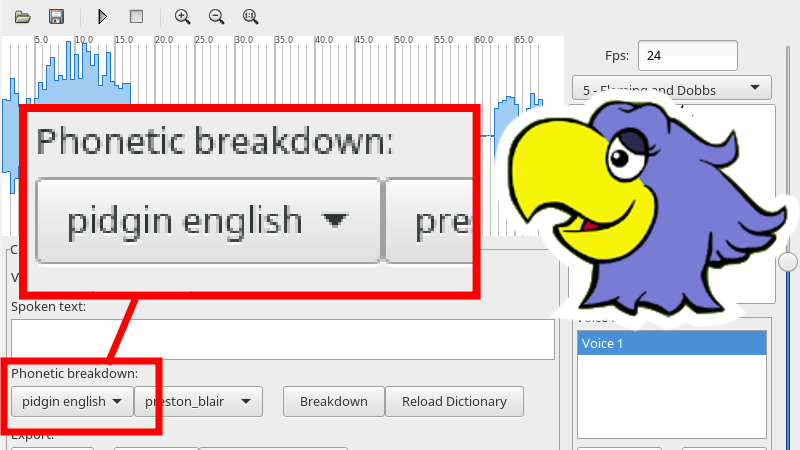
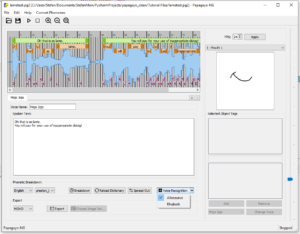
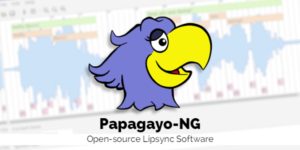
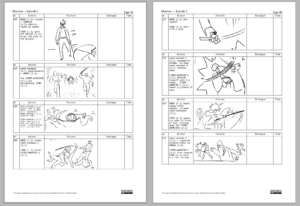
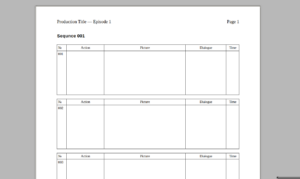




3 Responses
nice article…………it helps me to learn papagayo
bonjour
I donty recognize the screenshot, this is not papagayo
and papagayou does only support english and does not seem to have any doc
a tutorial relevant to that issue is welcome